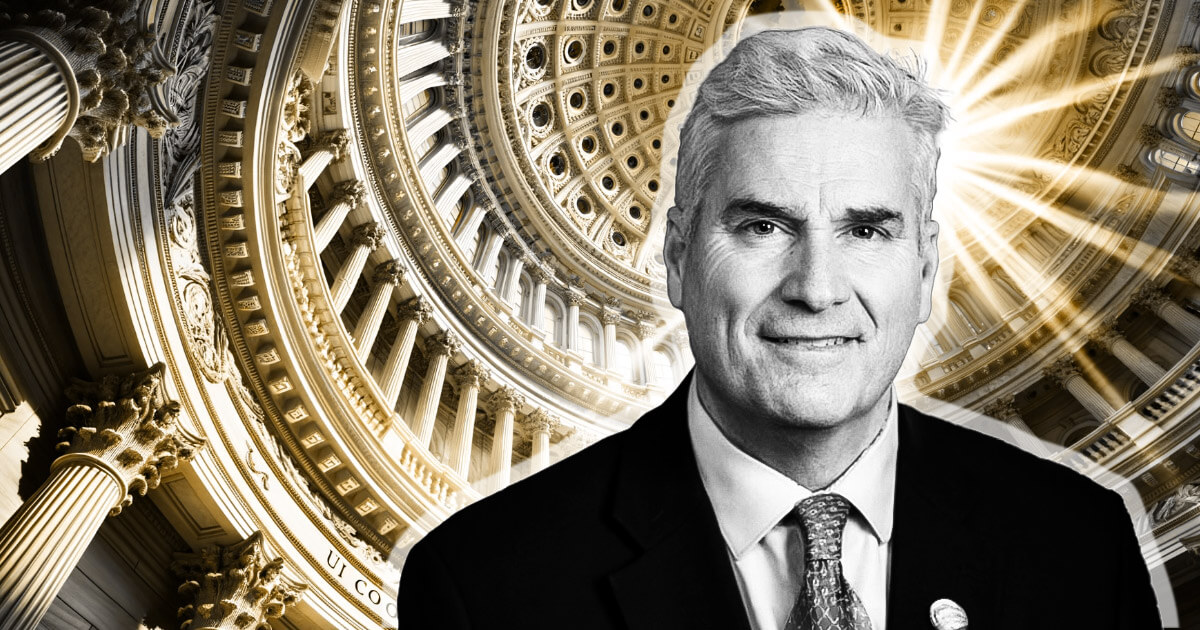
Congressman Tom Emmer introduced the Securities Clarity Act on 26 March together with Rep. Darren Soto, and revived a dual effort to clarify the classification of digital assets under federal securities legislation.
The bill wants to make a clear distinction between an “investment contract” and the hired asset – a problem in the core of constant legal uncertainty that has impeded innovation in the digital assets space.
Clear line between tokens and effects
The core of legislation is the introduction of the term ‘investment contractive’.
This designation would separate the underlying digital actively from the investment contract with which it was possible in the first instance, so that the regulatory treatment can evolve as the actual itself switches to broader usefulness or decentralization.
According to Emmer:
“Without clear definitions, entrepreneurs cannot accurately assess the risks or launch in conforming products. Our legislation helps to resolve this, so that investors can fully participate in this emerging technology without sacrificing consumer protection.”
Soto repeated that sentiment and emphasized the need for predictable rules that support both economic growth and responsible supervision. “This bill adds much needed certainty to a rapidly evolving space and helps to protect investors and at the same time promote innovation,” he said.
Legislative momentum
The reintroduction of the Securities Clarity Act is amid a growing congress interest in modernizing digital assets regulations under the government of President Donald Trump.
The bill was previously included in the financial innovation and technology for the 21st century (FIT21) Act, which passes the House of Representatives in May 2024 with dual support.
The return signals have continued in the congress at the congress to establish a clearer jurisdiction between the Securities and Exchange Commission (SEC) and the Commodity Futures Trading Commission (CFTC), two agencies that are often clashed on supervision of digital assets.
The laws of both parties have increasingly acknowledged the need to determine how securities laws apply to digital assets, especially because global competitors take on more advanced legal frameworks.
Many see the Securities Clarity Act as a fundamental step in a broader legislative strategy to ensure that the US remains a hub for blockchain innovation and at the same time protect investors.

